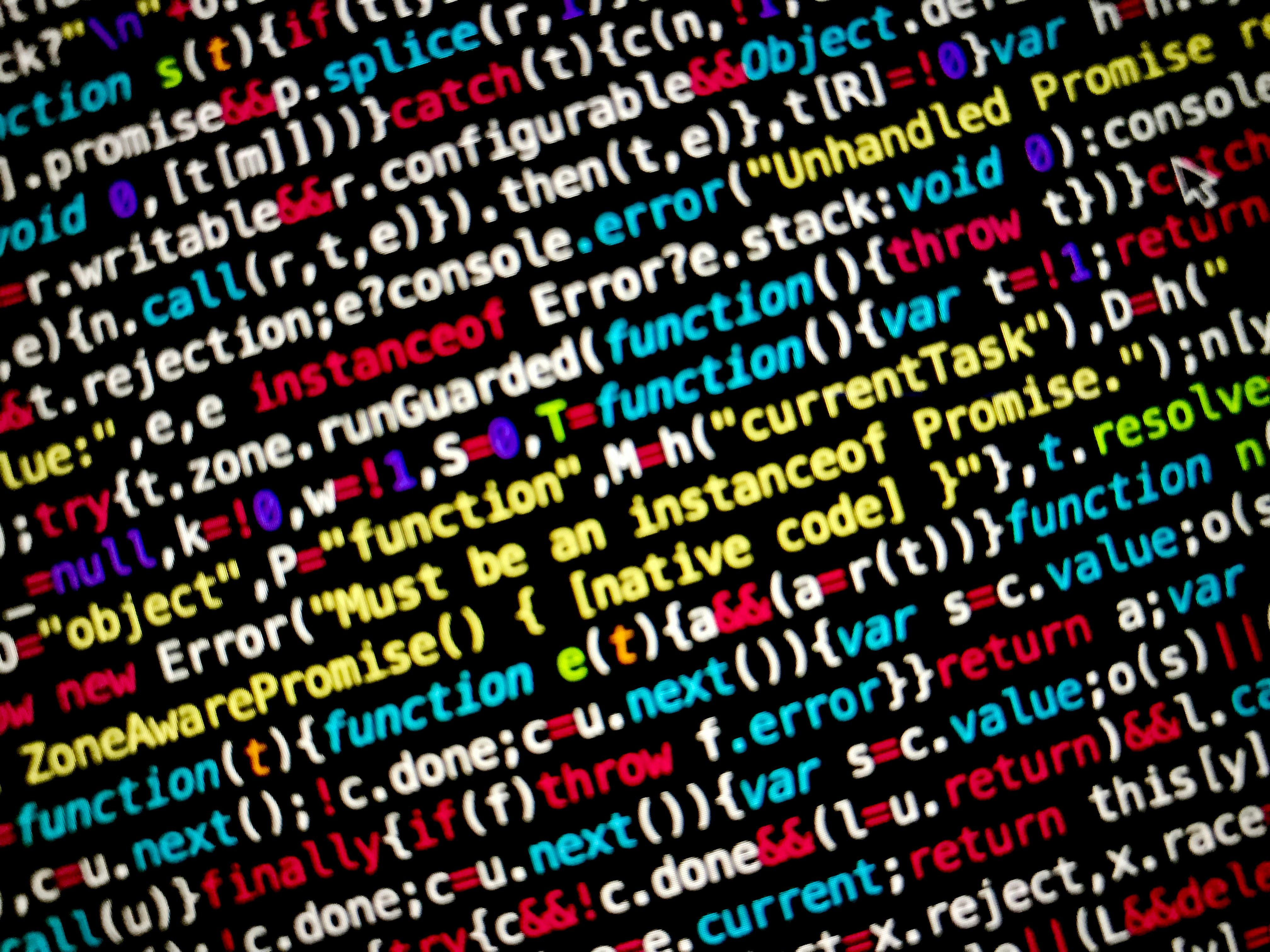Adhering to wellness and avoiding illness: The Minister of Health shares essential guidelines for prolonging a healthy life
Embracing a Long Life:
Image: Shutterstock
The global perspective on aging luckily evolves. Last week in Moscow, the "Longevity Technologies" forum wrapped up, focusing on strategies to delay aging and preserve health during the golden years. Maria Bacheneva, a popular radio host, and Olga Nikolaevna Tkacheva, Russia's leading geriatrician, discussed these topics on air.
AGING - NO LONGER A NUMBER
- Many individuals remain young at heart, but their body can sometimes betray them. At what point, according to science and medicine, does old age set in?
Age isn't just a number. Today, we define old age as a non-chronological, biological concept. Factors including physical health, mental activity, attitude towards life, and social involvement determine one's age.
- Is there a standard scale to determine if someone is aging normally or not?
There's a brief assessment scale for aging patterns. Also employed is the "Comprehensive Geriatric Assessment," where a geriatrician assesses the patient's health, lifestyle, and quality of life. Special tests measure their function, such as walking speed, self-care ability, emotional state, and cognitive functions (like memory or decision-making).
BEYOND THE PILL
- Physicians often seem to shrug off our pleas for anti-aging pills. Yet, we hear plenty about active longevity projects benefiting the elderly in various regions.
Modern society is increasingly aware of the potential to improve the quality of life during old age. Many regions sponsor longevity projects, allowing seniors to engage in exciting activities. The average life expectancy in Russia after age 60 is approximately 20 years, translating to a significant part of a person's life. Fighting stereotypes — that aging instantly equates to illness and memory loss — is crucial.
- Is it accurate to say that an older person inevitably suffers from a bevy of health issues?
Aging accompanied by diseases represents an unhealthy lifestyle, not normal aging. Healthy aging can involve robust health, interest in life, goal-setting, and achievement, despite the passage of time.
TARGETING AGING
- Olga, how can one maintain strength in old age, essentially extend youth? Science, what's its take on it?
Living organisms, including humans, age when they lose their ability to repair and fix damage effectively. Science has pinpointed hundreds of theories to understand aging, identifying potential targets for intervention. The key is to help the body deal with internal damage for as long as possible. Aging and anti-aging processes strive for balance, making a magical aging pill impossible. Delaying aging can only be accomplished through a comprehensive approach, impacting multiple systems simultaneously.
PREVENTION - NEVER TOO EARLY
Today, researchers worldwide search for aging biomarkers — objective indicators used to accurately establish a person's biological age. Our center is developing biological clocks (age calculators). One study discovered that, among individuals of the same age (38), biological ages varied from 21 to 60.
- After discovering our biological age, what's the next step?
We create a personalized prevention and aging management program and remeasure biological age using the calculator to assess progress.
- When should one start preventative measures and biological age assessment?
Prevention should ideally start even before birth, as a person's health and longevity prospects depend on their parents' health and the pregnancy course. Yet it's never too late either.
PHYSICAL ACTIVITY
Regular exercise is vital in delaying aging and enhancing health during the golden years. Muscles play a crucial role, producing myokines when physically active. These molecules ward off inflammation, boost metabolism, and even slow down aging processes. Moreover, muscle activity stimulates neurotrophic factor production, which promotes growing new nerve cells and maintaining cognitive functions.
DIET
A healthy diet also impacts the aging process. Dietary fiber, essential for gut microbiome health, is important. Controlling body weight is also crucial, as obesity is linked to faster aging. Consuming less food, approximately 10-20% fewer calories than average, triggers cellular cleansing, contributing to 'rejuvenation.'
BRAIN WORKOUTS
Cognitive functions can remain strong in healthy old age. Regular mental activity — such as learning new skills, reading, and traveling — helps maintain clarity as time passes. Communication and social activity significantly slow down age-related changes and foster a positive influence on aging.
VACCINATION
Vaccination functions as a powerful anti-aging technology, decreasing risks of diseases like Alzheimer's and cognitive decline. Vaccines against flu, pneumococcus, and shingles contribute to a person's overall health and longevity.
REGULAR CHECK-UPS
Regular medical check-ups identify age-related diseases, offering opportunities to control and manage them. This leads to greater chances of a healthy, long life.
To ensure a comprehensive examination at specific ages, contact your health insurance company that issued your OMS policy (search their name online to find the call center number). Insurance companies also intervene if a patient is denied certain tests or examinations at a clinic.
SCIENTISTS AND GERONTOLOGY
Gerontology researchers, or gerontologists, primarily study aging, uncovering mechanisms and approaches to healthy aging (geriatrics). Geriatricians can be found in clinics, although services may not be available everywhere, serving approximately 20,000 elderly patients each.
THE ROLE OF MUSCLES
Over the years, we have underestimated muscles! Previously, they were thought to merely control movement. Now, we know they produce myokines during exercise, with anti-inflammatory effects, improved metabolism, and slowed-down aging processes. They also stimulate neurotrophic factor production, promoting neural development and maintaining cognitive functions.
The primary geriatrician of the Ministry of Health recommends dedicating at least 40 minutes daily to aerobic activities like fast walking, running, swimming, and cycling. Additionally, include strength training in your weekly routine, performing bodyweight exercises such as squats, push-ups, and crunches at least twice a week.
Maintaining a strong, healthy body as we age involves various lifestyle adjustments and medical treatments. Through regular exercise, a balanced diet, mental stimulation, medical check-ups, and tailored treatments, we put ourselves in the best position to enjoy a long, robust life.
- The scientific definition of old age goes beyond mere chronological age, encompassing factors such as physical health, mental activity, attitude towards life, and social involvement in determining one's age.
- Aging is not an inevitability accompanied by a multitude of health issues. Instead, healthy aging involves robust health, interest in life, goal-setting, and achievement, despite the passage of time. Science targets aging by identifying potential interventions to help the body deal with internal damage for as long as possible.








